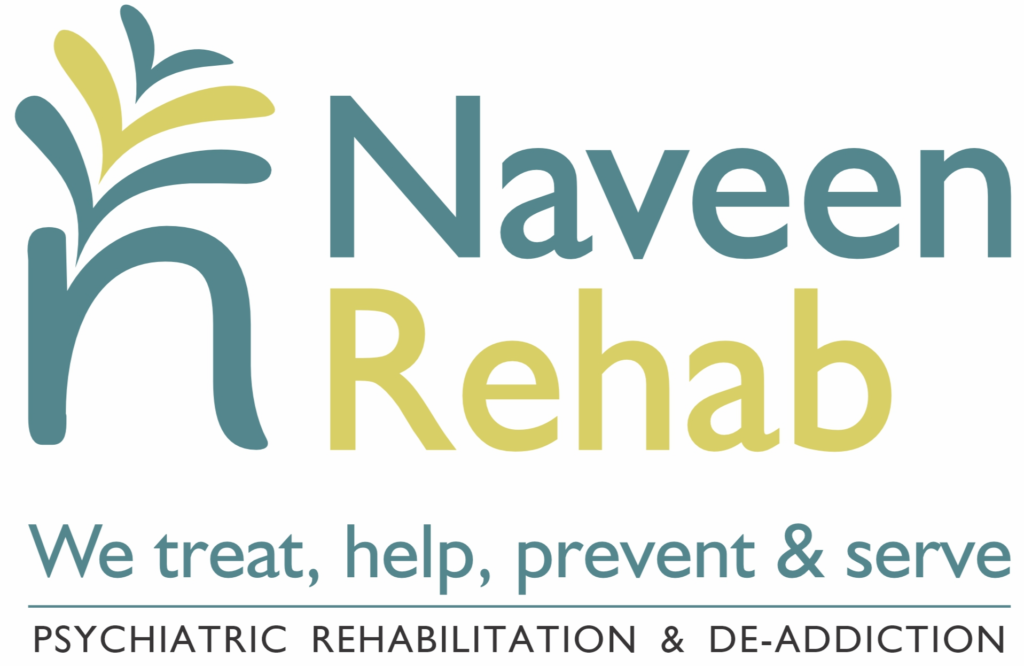Relapse Management
A relapse is not the end of the road. Naveen Rehab can help you get back on track and achieve long-term recovery.
- What is a relapse?
- Why does it happen?
- When does it happen?
- Doing Relapse Management The Naveen Way!
- For Psychiatric Disorders
- The Naveen Way
Relapse is the return to the addiction after a period of abstinence for some time. It’s not uncommon for people who struggle with addictions to relapse after completing treatment, and it doesn’t mean treatment failed. Instead, a relapse signifies that additional and/or a different form of treatment is necessary.
Relapse is a common and often misunderstood part of the recovery journey for individuals overcoming addiction. It refers to a return to previous addictive behaviors after a period of abstinence and should not be seen as a failure of treatment. Instead, relapse serves as an indicator that the recovery process may need to be reassessed, with adjustments made to the treatment plan to better address the individual’s needs. Relapse can occur for many reasons, including stress, triggers, or insufficient coping mechanisms, and it highlights the ongoing nature of addiction recovery.
Importantly, relapse provides an opportunity for reflection and growth, allowing individuals to identify areas where they need additional support or new strategies. Seeking help during a relapse can strengthen the recovery process by focusing on learning from setbacks and reinforcing healthier behaviors. Recognizing relapse as part of the journey—and not the end—can empower individuals to persist in their efforts and move closer to lasting recovery. It underscores the importance of continuous support, tailored interventions, and a compassionate approach to addiction treatment.
Addiction is a chronic medical condition characterized by an inability to control the use despite the harm it leads to. Due to the chronic nature of addiction, relapse is often part of the disease.
Addiction is a brain disease and, as such, may involve disruptions to certain brain circuits and neural processes as a result of chronic drinking and/or drug use.
Addiction is a chronic, relapsing condition where individuals are unable to control their use of substances despite harmful consequences. It alters brain circuits responsible for decision-making and emotional regulation, making it difficult for people to break free from their dependency. These changes in the brain, particularly within the reward system, can trigger cravings and lead to relapse, even after extended periods of sobriety. Due to its chronic nature, addiction requires continuous treatment, support, and strategies to manage triggers, promote recovery, and prevent further substance use. Recovery is a lifelong process, and managing addiction involves ongoing care.
Certain internal or external cues can activate the urge to drink or use drugs, increasing the risk of relapses. Common factors include anxiety, stress, peer pressure, loneliness, interpersonal issues, relationship issues, sleeplessness, and withdrawal symptoms.
Internal and external triggers play a crucial role in influencing someone’s recovery from addiction, often increasing the risk of relapse if not effectively managed. Internal triggers, such as stress, anxiety, depression, or feelings of loneliness, can drive individuals to seek comfort in substances or behaviors as a way to cope with emotional discomfort. Physical states like fatigue, hunger, or sleeplessness can also heighten cravings, making it harder to resist the urge to relapse. External triggers, such as pressure from peers, conflicts in relationships, or being in environments associated with past substance use, can further compound these challenges.
Understanding and identifying these triggers is essential for building resilience and preventing relapse. Developing coping strategies, such as stress management techniques, healthy routines, and avoiding high-risk situations, can empower individuals to navigate these challenges more effectively. With the right preparation, they can recognize when they are vulnerable and take proactive steps to protect their recovery. Additionally, ongoing support from loved ones, counselors, or recovery groups, combined with practices like mindfulness and self-awareness, can help individuals maintain focus on their goals and sustain long-term sobriety. Recognizing that recovery is a process, not a destination, underscores the importance of learning to manage triggers as part of a healthier, more balanced life.
We design methodic relapse management plans that are specifically tailored to suit the needs of every individual. We consider the person’s environment, level of motivation, the severity of their addiction, co-occurring medical and mental health conditions, and other factors while designing the roadmap for their relapse management.
A person’s support system also plays an important role in recovery and the avoidance of relapse. Our psychologists conduct family counseling and therapy sessions which helps both to better understand the disease of addiction and learn to recognize potential relapse triggers and ways they can support in those instances.
At Naveen Rehab, our relapse management plans are highly personalized, designed to cater to the unique needs of each individual. We carefully assess multiple factors such as the person’s environment, level of motivation, addiction severity, and any co-occurring mental or medical conditions. Recognizing that family support is crucial in the recovery process, we incorporate family counseling and therapy sessions. This enables both the individual and their loved ones to gain a deeper understanding of addiction, recognize potential triggers, and learn effective ways to offer ongoing support during difficult times. This holistic approach helps strengthen the chances of sustained recovery.
Mental health disorders can only be treated to the extent of managing a patient’s symptoms. Mental health relapse is returning to prominent symptoms associated with the mental health disorder and a person’s decreased activities for daily living as the result of those symptoms. Mental health relapse is not something that occurs overnight, it gradually develops over time. Someone who is experiencing a mental health relapse is someone who is seeing the onset of their symptoms once again.
Mental health relapse is a gradual process where the symptoms of a mental health disorder resurface over time. Unlike an immediate crisis, it develops subtly, often marked by the return of feelings, behaviors, or thoughts that had been previously managed or under control. During a relapse, a person’s daily functioning may decline, as the symptoms interfere with their ability to carry out regular activities. Recognizing the early signs of a relapse allows for timely intervention, which can prevent the condition from worsening and provide better outcomes in the long term.
We try to nip the mental health relapses in the bud as quickly as possible because the longer the relapses last, the longer the recovery period. As far as mental health relapses, medications and therapy go hand-in-hand. Depending on the type of mental health disorder, we provide a relapse plan after a detailed inquiry about their past treatment and history. We also ensure that the family members and the affected individual are completely aware of the dos and don’ts pertaining to their condition.
At Naveen Rehab, we focus on preventing mental health relapses as early as possible because the longer a relapse persists, the harder it is to recover. We understand that therapy and medications work best together, and we carefully create a relapse management plan based on the patient’s previous treatment history. This personalized approach helps us effectively address the individual’s needs. Additionally, we involve family members in the process, providing them with clear guidance on how they can support the patient’s recovery. By educating both the patient and their loved ones, we ensure everyone is aware of the specific dos and don’ts for managing the condition. This collaborative effort is key to promoting long-term recovery and preventing future relapses.


